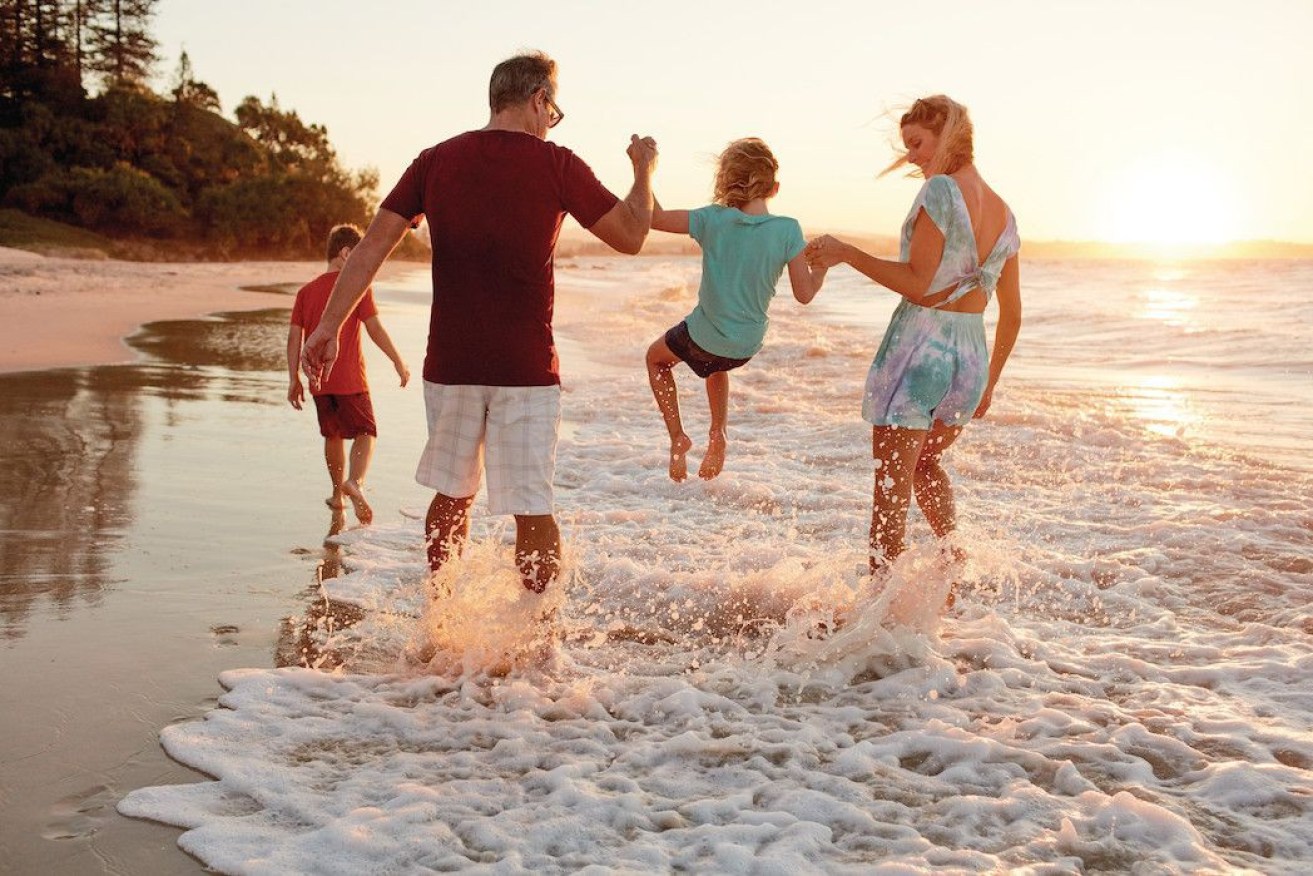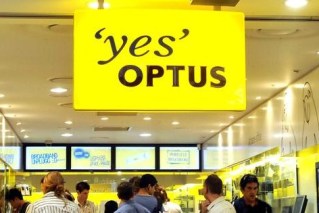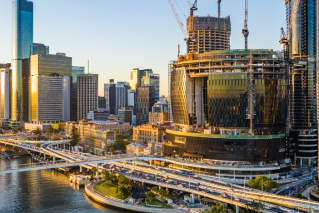Let the sun shine in: $50 billion tourism disaster set to make way for bumper summer
As schools finish for the year and Queensland readies for a surge of southern tourists, official data shows the losses to the domestic tourism sector since the pandemic hit our shores now totals $50 billion up to the end of September.


Queensland has not been hit as hard as the NSW and Victoria but it was still down by more than 30 per cent in both tourist numbers as well as spending compared with pre-Covid levels.
The big issue now for the tourism sector is that travellers are “gun shy” and wary of straying too far from home in case there is another outbreak and restrictions are imposed, according to Queensland Tourism Industry Council chief executive Daniel Gschwind.
“We are reasonably optimistic the summer season is going to be very strong. We are expecting high demand, high occupancy, high activity especially in the southeast corner,” Gschwind said.
“This glow of activity could also extend to Cairns and the Whitsundays which are regions that normally are not at their peak over Christmas, but the pent-up demand from people interstate is such that they will go to those destinations as well.
“We are expecting big things for the coming few months. From February next year it will be a totally new ballgame.”
He said the big challenge for the sector would be restore consumer confidence.
“We never used to worry about things like that or whether you would be able to get back home.”
But he said the biggest statement to come from the State Government was that they would stick to the re-opening road map and that Queensland had entered into a new phase of living with Covid.
According to the data from Tourism Research Australia, in September there were 3.5 million overnight trips, down 65 per cent on September 2019.
Queensland was leading the pack contributing 37 per cent to national overnight spend but the $975 million spent in the month was down on the previous year by $56 million.
Queensland’s best month was January when $2.1 billion was spent, however the state was affected by border closures for much of the year.
TRA said the state border restrictions heavily reduced interstate travel. Its data showed Australians took 248,000 interstate overnight trips, down 93 per cent on September 2019 and spent $613 million, down 86 per cent, or $3.9 billion, on September 2019.
In September Australians took 3.5 million overnight trips, spent $2.6 billion and stayed 15.1 million nights. Compared to a pre-COVID September 2019, this was a 65 per cent fall in overnight trips, a 64 per cent fall in spending and a 59 per cent fall in nights stayed.
One company that has a strategy for recovery is Apollo Tourism, a Brisbane based company that rents and sells recreational vehicles.
After losing millions from the impact of Covid, Apollo has announced a merger with a New Zealand counterpart Tourism Holdings in a bid to stage a recovery.
Under the Scheme of Arrangement, Apollo shareholders will receive 1 ordinary share in Tourism Holdings for every 3.68 shares held in Apollo and investors rushed in this morning to be a part of it.
Apollo’s shares jumped 26 per cent on the market’s opening.
Apollo will then own 25 per cent of THL, implying a 32 per cent premium on the last closing price of both companies’ shares.
Synergy costs were forecast to be up to $18 million and implementation costs would be $3.8 million.
Both companies operate a fleet of recreational vehicles for hire and the merger would mean a sell-off which would generate $38 million.
The Trouchet family, which started Apollo in 1985 and holds about 53 per cent of the company, have backed the merger. The family will own 13 per cent of the merged company.
The merger follows statements showing big losses for Apollo. In 2021 it posted a 20 per cent fall in revenue and lost $18 million, but it also said demand for its RVs had reached record levels. Tourism Holdings lost $NZ14.5 million.
It said the merger would mean it would emerge faster from the impacts of Covid.
“The board believes that the merger will accelerate the timeframe to re-establish normalised earnings and recommence the payment of dividends more quickly than Apollo on a standalone basis,” the company said.
The rationale for the merger was that it would provide increased scale in the key markets of Australia, New Zealand, North America, the UK and Europe.
It would also deliver a “steady state” earnings uplift of $16.2 million to $18.1 million a year.
Apollo managing director Luke Trouchet said the two businesses had similar operations and culture and both believed strongly in the global RV market.
“The proposed merger would give us a better platform to meet the ongoing impacts of COVID-19, continue to offer our guests the best combination of products, services and prices possible and better leverage the re-opening of global travel,” he said.












